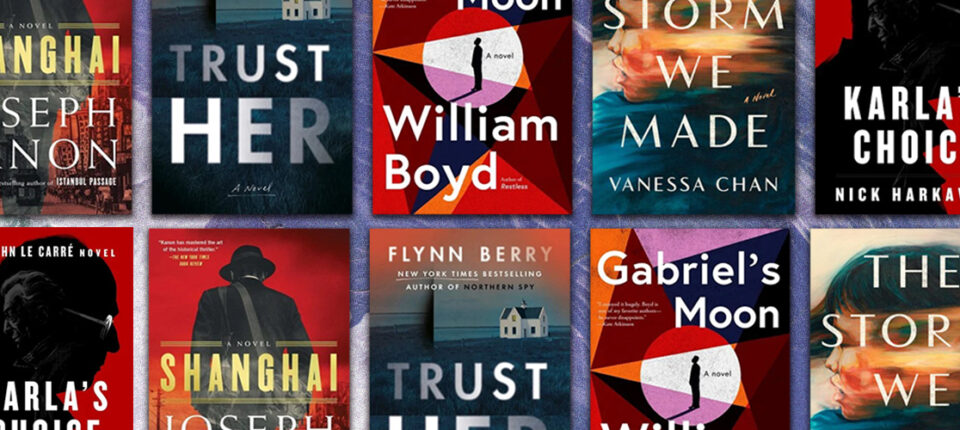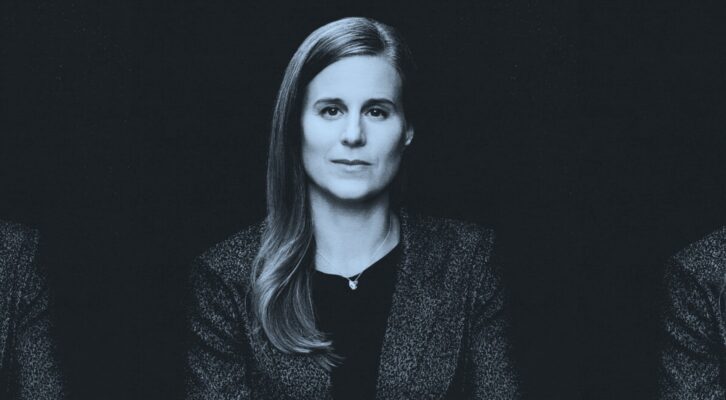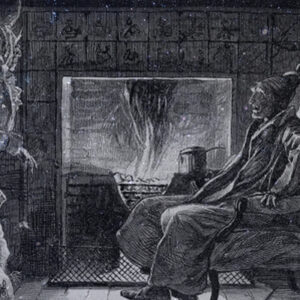The CrimeReads editors make their selections for the best spy novels of the year.
*
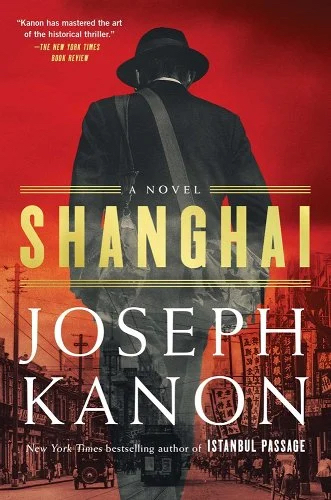
Joseph Kanon, Shanghai
(Scribner)
Nobody writes sophisticated, atmospheric spy fiction quite like Joseph Kanon, and his newest book, Shanghai, is one of the best entries in a storied career. Kanon’s story takes us into the hothouse of global politics in 1938, beginning on a luxurious ocean liner and soon disembarking in the bustling trading port of Shanghai, where a young man joins his uncle in a thriving casino business, but soon finds himself tangled up in the local conspiracies. Shanghai is vividly depicted, and the dread of an oncoming world war adds another layer of meaning to the daily bustle of a port city at the crossroads of political players. Kanon is quite simply a master storyteller.
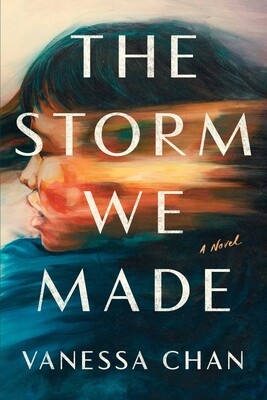
Vanessa Chan, The Storm We Made
(S&S/Marysue Ricci Books)
In Chan’s powerful debut novel, it’s 1945 in Malaysia, and a mother finds herself forced into an impossible situation. She has a son missing, a daughter in hiding, and another child deeply embittered by her current situation; and the mother knows that much of their current predicament can be traced back to her decision, a decade earlier, to begin spying for a very persuasive general. Chan deftly shifts perspective to tell an ambitious story about the region and one family caught up in the shifting historical moment. The Storm We Made is an audacious debut and a clear standout among the year’s espionage novels.
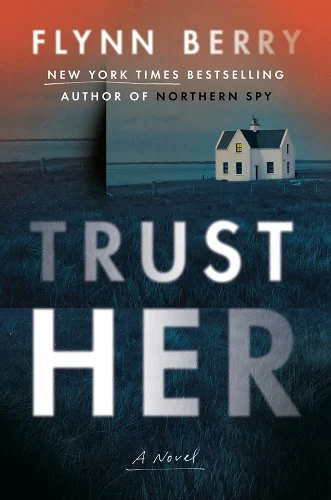
Flynn Berry, Trust Her
(Viking)
Berry’s lyrical prose and depth of character continue to distinguish her in a field of save-the-world procedural thrillers, offering readers a subtle counterpoint inflected with family strife and domestic drama, without ever sacrificing the very real geopolitical struggles at play around her characters. In Trust Her, the Daly sisters have moved to Dublin and attempted to leave their old lives in the north behind, but soon Tessa is pressed back into work for the IRA, trying to turn her old MI5 handler in a bid to keep her son safe. It’s a thrilling mix of intrigue and desperation, and Berry handles it all with the care and skill the material demands.
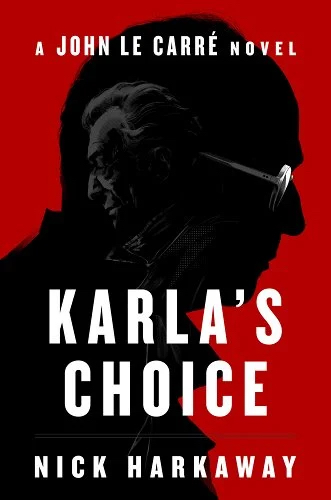
Nick Harkaway, Karla’s Choice
(Viking)
Harkaway was already very much an accomplished novelist in his own right, but taking up the mantle for his father, the great John le Carré, showed a new side to his literary skills, as he gave readers a marvel: a new Smiley novel. This one is set in the period between The Spy Who Came in from the Cold and Tinker, Tailor, Soldier, Spy: it’s 1963, and Smiley has left the Circus in pursuit of a more peaceful life, but of course Control maneuvers him back into the fold, giving him the seemingly simple task of interviewing a Hungarian émigré with links to a missing man. Harkaway captures the slow-burn thrills that readers of the Smiley novels are accustomed to while bringing his own dynamism to the task and laying out a compelling portrait of European tensions and spy games in the 1960s.
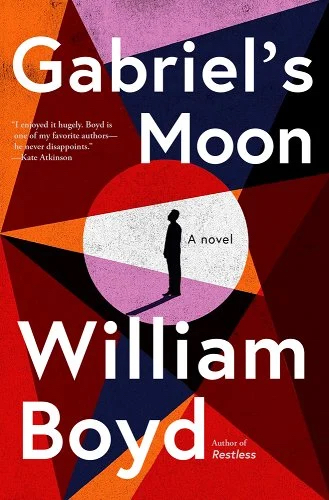
William Boyd, Gabriel’s Moon
(Atlantic Monthly Press)
In Boyd’s new novel, a travel writer is given the chance to interview Patrice Lumumba, the newly elected president of the People’s Republic of the Congo and is soon recruited by a charismatic MI6 handler who nudges him into a world of conspiracies and conflicting agendas. Boyd is a gifted writer with a fine sense of craft, and he builds nuanced and layered lives around all his characters. In Gabriel’s Moon, he brings readers into a lushly imagined world in Cold War era Europe without ever losing sight of the very human cost of all this scheming and manipulating. Boyd’s spy novels continue to be an absolute gift to readers.

